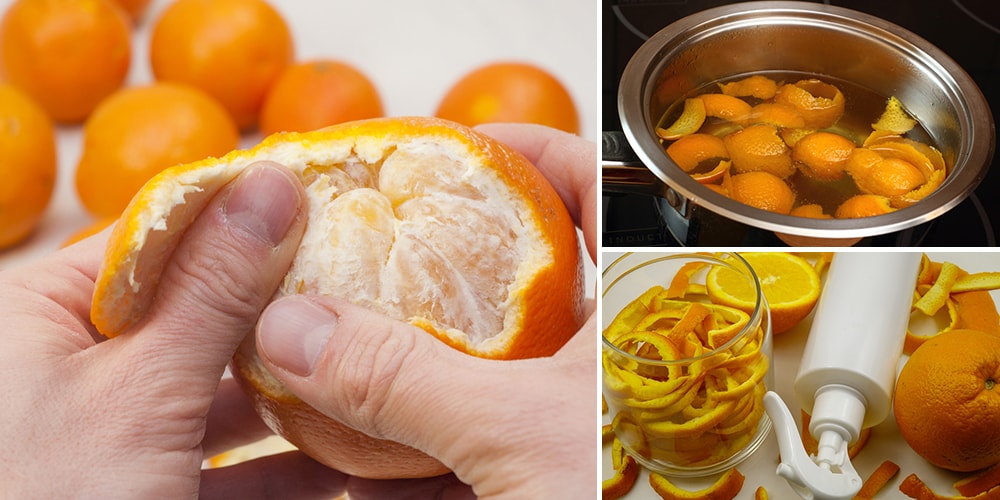
Don’t Throw Away Citrus Peels, Do This Instead!
The Citrus genus produces one of the largest fruit crops in the world. Oranges, lemons, limes, grapefruits, mandarins, tangerines, and pomelos., among others, are available everywhere and valued for their juices. They’re also rich sources of vitamin C even if the amount varies in every species and variety.
Citrus fruits are readily available, but underappreciated and often wasted. Wasted because their use is perceived to end after squeezing the juice or slicing them as food garnish. Citrus peels often end up as food scraps when they could have served other beneficial uses.
That should stop now! Consider the following ways of maximizing the uses and benefits of citrus fruits.
How to Put Citrus Peels to Good Use
Dry the Peels for Future Recipes
Have a bag of dried citrus peels ready for when a recipe calls for citrusy flavor in it. Dried citrus peels are added to many dishes like fruit cakes, teas and other beverages. Drying prolongs the shelf life of a citrus peel for about three years before it loses its potency.
Cut citrus peels into strips and dry them under the sun, dehydrator or 200⁰F oven for 25 to 30 minutes.
Herbal Infusion
Citrus peels are densely-packed with nutrients that are far superior to their juices. A citrus peel infusion is an important source of vitamins, fibers, flavonoids and bioactive compounds. Its high nutritional value promotes good health and hastens healing too.
Drink 2 citruses with their peel infused in a quart of water. You can add honey to sweeten it and take the infusion to assist in a number of health issues, such as fighting cold.
Oil Infusion
Use citrus peel as a sugar scrub or soap by infusing it with oil. It is also an excellent way of upgrading a dish and adding a zesty tang to it.
Start by placing thoroughly-dried citrus peel in a dry mason jar and covering it with oil. Place it in a cool and dry place for 4 to 6 weeks or longer, shaking it regularly. Strain the infusion into a clean and airtight container and use it for health and culinary needs.
Preserve Brown Sugar
Citrus peels work like silica gel in brown sugar, but on the reverse. While silica gel absorbs moisture, citrus peels keep it in. This action prevents brown sugar from clumping. But how?
Brown sugar particles contain molasses, which gives them moisture for a softer texture. After opening the pack, this moisture evaporates and the sugar dries out resulting in clumping. But you can prevent this from happening by trapping moisture. Simply add a few semi-dried orange peels into the sugar jar. Citrus peels contain high moisture that spreads into the container. Thus, maintaining the moisture in brown sugar as well.
⇒ 3 Ingredient Survival Biscuit That Can Last Up to 100 Years (Video)
Acidify the Soil
The acidity or alkalinity in soil affects the number of nutrients available to plants. Reducing the pH level in the soil helps acid-loving plants like azaleas, berries, beans or broccoli to thrive. It is achievable by adding ericaceous compost, acidic mulch or citrus peels to the soil.
Just add any citrus peels to acid-loving plants to help boost their growth.
Natural Deodorant
It is a sustainable and environmentally friendly natural product to try. You simply need to rub dry lemon peel on your armpit and dry it with a hair dryer to remove the sticky feeling. Lemon peels can keep you smelling fresh all day long.
Boost Hair Growth
Citrus peels have amazing benefits when applied to the scalp. It helps reduce hair oil and stimulate the follicles to boost healthy hair growth. You can turn any citrus peel into a hair conditioner by grinding it and mixing it with fresh yogurt to make a fine paste. Add a few drops of lemon juice as well. Massage it all over the scalp and leave for 15 minutes before rinsing.
Foot Soak
Brighten the appearance of drab-looking feet by rubbing the rind of citrus into them. Lemon peels help moisturize the skin and remove bacteria and fungi from it.
You may also put the peels in water to make an herbal soak for your feet.
Preserved Candies
A healthier twist to candies, citrus peels can be repurposed into a preserved candy. It can be eaten as a snack, used to garnish desserts or for any baking needs.
Make your preserved citrus candy by cutting citrus peels from two fruits into thin strips. Boil them for 15 minutes, rinse and drain. Combine 3 cups of water and 3 cups of sugar in a pan, bring it to a boil and add the peels. Let it boil again then reduce the heat and simmer until the peels are soft. Remove from pan and toss it into a cup of sugar before drying them thoroughly.
A Natural All-Purpose Cleaner
After squeezing or eating your grapefruit, lemon or other citrus fruits, save the peels for making an all-purpose natural cleaner. Citrus contains d-limonene, an oil with excellent de-greasing and dirt-cleaning power. Lemons and oranges are traditionally used as cleaners or ingredients in commercial cleaning products.
With the help of vinegar, you can make a powerful natural cleaner that thoroughly cuts through oil and grease. Citrus fruits are also antibacterial, preventing the spread of viruses and pathogens.
To make your own cleaner, put any citrus peels in a large mason jar. Cover them completely with white vinegar and infuse them for at least 6 weeks. Strain the infusion and store it in a cool and dry place. To use, dilute the homemade cleaner with equal parts water on a spray bottle.
Unclog Sinks
What else can cut through grimes and water stains better than trusty baking soda with the help of lemon peels? This duo is a non-toxic cleaner that does the job of a commercial stain cleaner.
Mixing lemon or any other citrus with baking soda creates a chemical reaction that dissolves stubborn stains. Get a sparkly-clean bathroom and sink by sprinkling baking soda and scrubbing the surfaces with the cut side of a lemon.
Clean the Microwave
Remove all those food stains from your microwave without much scrubbing. Just fill a glass halfway with water and add lemon peels with the pulp. Heat it on high for about five minutes for the water to boil and steam.
The condensation on the surface of the microwave will soften the stuck food debris. Use a halved citrus fruit to scrub it off after it cools down a bit. Then, wipe the surface with a clean cloth for a clean and fresh-smelling microwave.
Mask Bad Odors
Citrus gives off different scents depending on its type and variety. They contain linalool, which can be distinguished as a floral-like aroma. They also have citric acid that neutralizes and masks any bad odor, from a stinking trash can to a smelly refrigerator.
Remove the nasty odor by grinding citrus rind and placing it in areas where you need it. Or, you can mix 1/8 cup baking soda, ½ cup lemon juice, lemon rinds and hot water. Put the mixture in a spray bottle and spritz it into the smelly area.
Air Freshener
Instead of throwing citrus peels after eating, you can place them in an open box or pot. Place it anywhere in the house to let it fill the room with a fresh citrus scent.
Dried citrus peels are also great for making homemade potpourri to replace store-bought air fresheners.
Citrus peels constitute one of the largest food wastes ending up in landfills. They provide many excellent purposes if you only know how to use them. Surprisingly, citrus peels are versatile and there are plenty of creative ways you can salvage them. When properly preserved, citrus peels are a handy medicine for many health ailments as well.

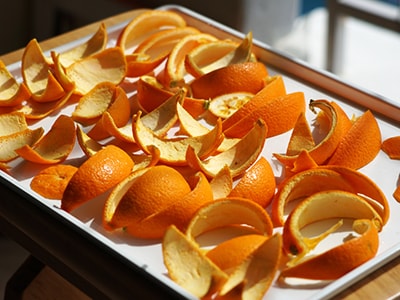
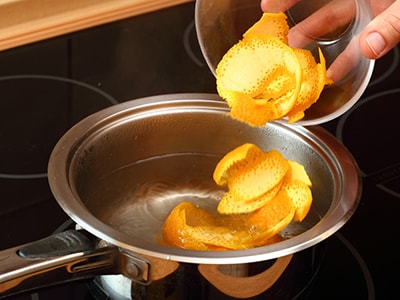
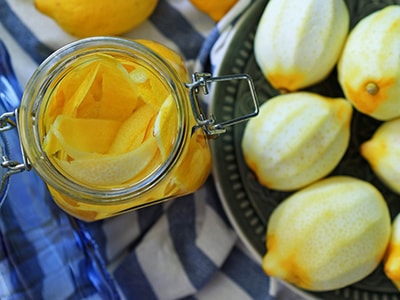
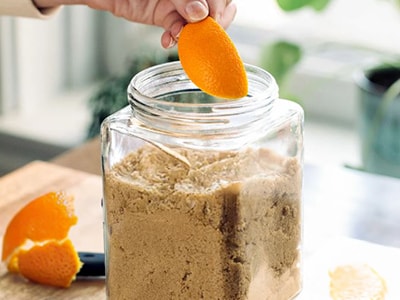
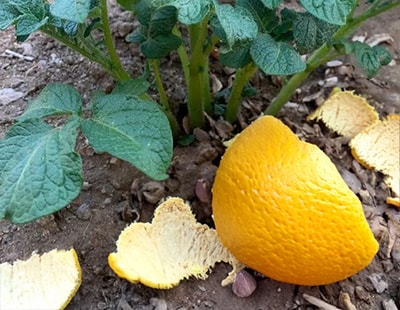
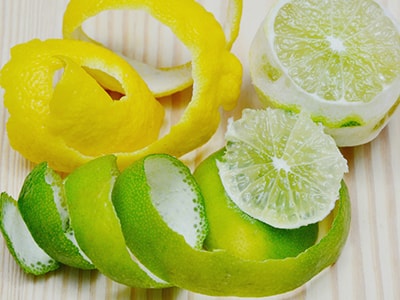
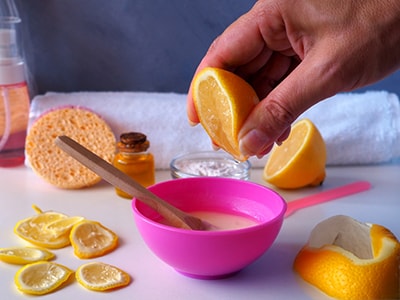
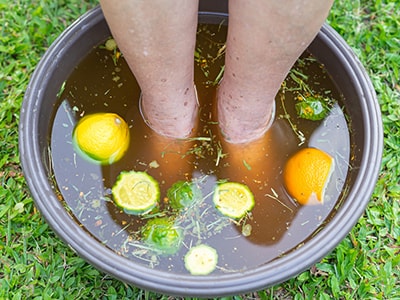
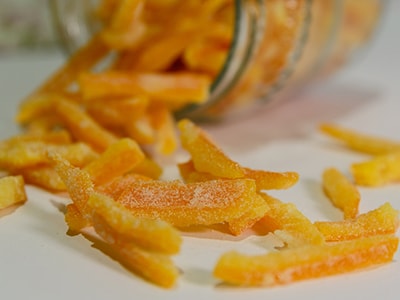
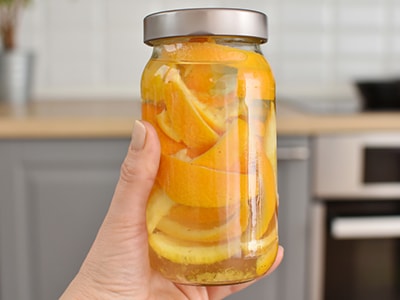
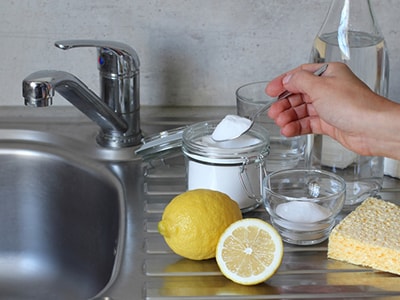
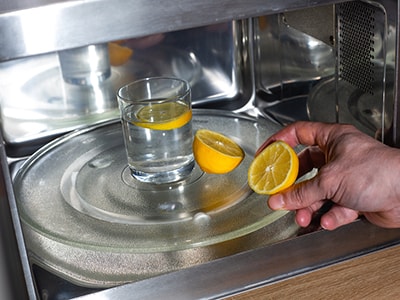
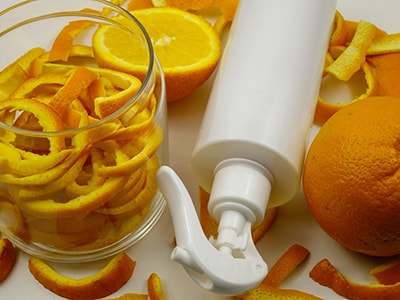

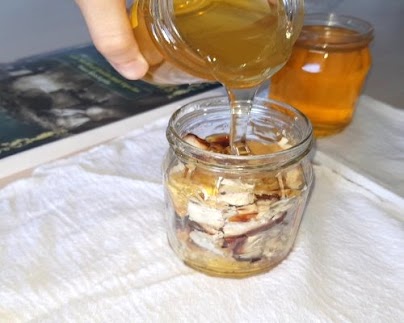
But what if they are not biological? Would you still recommend all this?
What do you mean by ‘biological’?
Organic, probably.
If you frequently go camping, dried orange peels (and presumably all citrus peels) make great fire-starters in the sense that they ignite quickly and burn well and slowly, allowing you to spend your time piling on the kindlings and tinders instead of holding repetitively matches or lighters awaiting the beginning of a good burn.
Don’t forget the power in the peel of 3 grapefruit and 4-5 lemon (preferably organic), simmered for three hours in 2 1/2 quarts of water to provide you with DIY hydroxychloroquine…keeping all those nasties (viruses/CV19) away with just two Tablespoons twice a day! Here’s to your health!
Hello there. The citrus fruit we get here in France has often been preserved with nasty chemicals in cold storage units before they hit the grocery shops. I throw out the peels because they are contaminated–I don’t even put them in my compost because I don’t want the chemicals to seep in. Is there any way to decontaminate the chemical preservatives on the skin so they can be repurposed? I buy the organic ones and those peels in cooking. Thank you in advance for your expertise on this.
Can we use anything other than sugar for the citrus peel candy?. Brown sugar, or?
All these recipes work fine as long as you use peels from organic citrus fruits only.
Citrus fruit trees get sprayed with some of the longest lasting and potent pesticides and the soil they grow in with a lot of herbicides.
The trees of Greece’s top growing region Skala which I pass regularly when I’m in the region on business are sprayed with such a nasty cocktail that the main road cutting through the orchards is closed for two days when spraying takes place.
On day 1 the actual spraying is done and on day 2 the remnants of the chemicals have to be blown away by the wind out into the sea before people can pass the road again.
None of the locals would dare to through the peels on their garden’s compost heap!
Well, that’s pretty disgusting !!! And Down Right Scary !!!!
The coating called APEEL is very toxic, I was told it can’t be rinsed off. Just be careful. Very sad